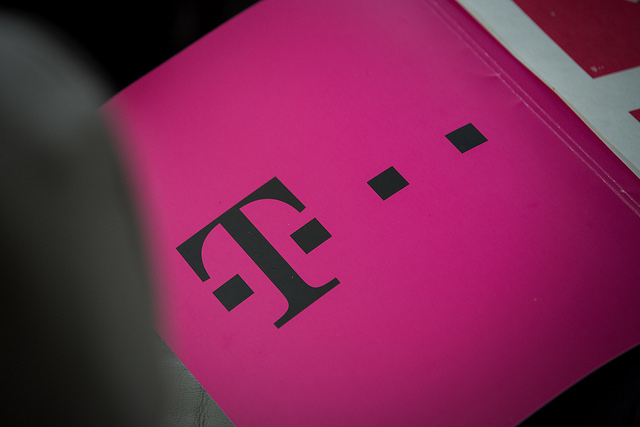 INFRA
INFRA
 INFRA
INFRA
 INFRA
INFRA
Sprint Corp. as of today is officially part of T-Mobile US Inc., two years after the carriers first announced plans to merge in a $26.5 billion deal.
T-Mobile is beginning the new chapter of its corporate evolution under the direction of Chief Executive Officer Mike Sievert. Formerly the carrier’s chief operating officer, Sievert took over the top post this morning from John Legere as part of a previously announced succession plan.
T-Mobile was the third-largest wireless network operator in the U.S. prior to the merger with about 86 million customers. Sprint, the fourth largest carrier before the deal, had about 54 million.
The companies last year sold three Sprint subsidiaries with a combined 9.3 million wireless subscribers to help get the deal approved by the Justice Department. Three months after the DOJ cleared the deal, the Federal Communications Commission provided the green light as well.
But the merger wasn’t without opposition. A group of more than a dozen attorneys general filed suit to block T-Mobile’s acquisition of Sprint, arguing that the move would reduce competition in the wireless market and ultimately harm consumers. The carriers ended up winning the legal battle by convincing a federal court that Sprint did not have a sustainable strategy to stay competitive as an independent carrier.
T-Mobile said today that it plans to invest more than $40 billion into network upgrades and other business activities in the three years following the deal. The carrier also expects to realize at least $43 billion in synergies, mainly by cutting infrastructure expenses through measures such as the elimination of redundant cell towers.
The FCC’s approval of the merger was conditional on T-Mobile committing to making high-speed 5G networking broadly available in the U.S. Under its agreement with the agency, the carrier said it would roll out 5G to at least 97% of the U.S. population and 90% of rural Americans within six years.
“With this powerful network, the New T-Mobile will deliver real choice and value to wireless and home broadband customers,” Sievert said in a statement.
The telecommunication industry’s rollout of 5G may be complicated by the coronavirus pandemic, which is straining existing internet infrastructure. The FCC has granted T-Mobile temporary permission to use spectrum owned by other service providers to help it deal with the deluge of internet traffic from users stuck at home. Comcast Corp., in turn, disclosed this week that the volume of traffic from video and voice calls has more than doubled on its network and overall peak usage is up by nearly a third.
Support our mission to keep content open and free by engaging with theCUBE community. Join theCUBE’s Alumni Trust Network, where technology leaders connect, share intelligence and create opportunities.
Founded by tech visionaries John Furrier and Dave Vellante, SiliconANGLE Media has built a dynamic ecosystem of industry-leading digital media brands that reach 15+ million elite tech professionals. Our new proprietary theCUBE AI Video Cloud is breaking ground in audience interaction, leveraging theCUBEai.com neural network to help technology companies make data-driven decisions and stay at the forefront of industry conversations.